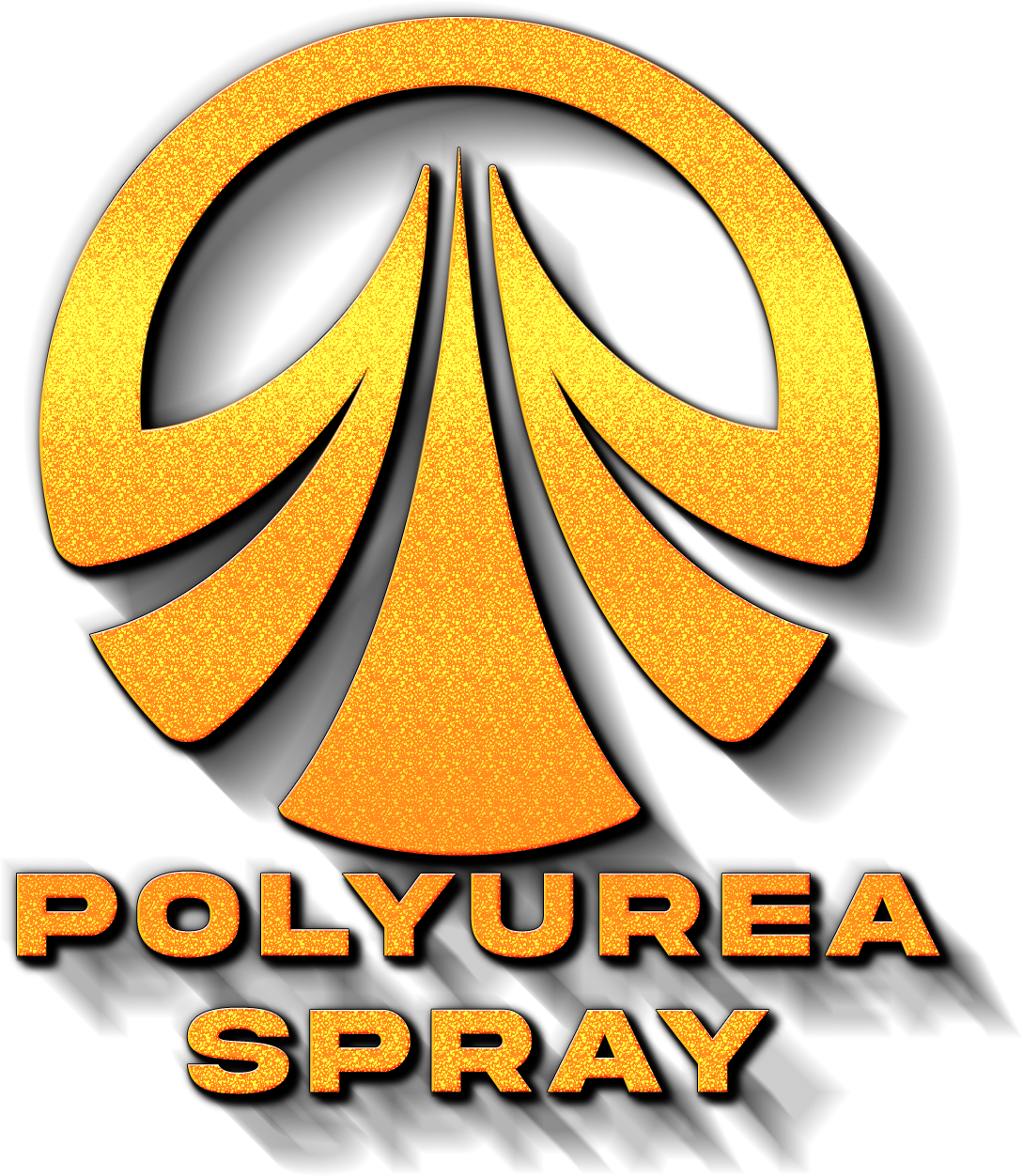Polyurea coatings have gained significant attention in recent years due to their exceptional durability, versatility, and quick curing time. As a polyurea researcher, it is essential to understand the unique properties and applications of this advanced coating technology in order to unlock its full potential.
Introduction to Polyurea Coatings
Polyurea is a type of elastomer that is derived from the reaction of an isocyanate component and a resin blend component. This reaction results in a highly cross-linked polymer that offers superior mechanical properties, such as high tensile strength, abrasion resistance, and flexibility. These characteristics make polyurea coatings ideal for a wide range of applications, including waterproofing, corrosion protection, and decorative finishes.
Advantages of Polyurea Coatings
One of the key advantages of polyurea coatings is their fast curing time. Unlike traditional coating systems that may take days to fully cure, polyurea coatings can be applied and put into service within hours. This rapid curing time not only increases productivity but also minimizes downtime for the coated substrate.
Another advantage of polyurea coatings is their exceptional durability. Polyurea coatings are highly resistant to abrasion, chemicals, and extreme temperatures, making them suitable for harsh industrial environments. Additionally, polyurea coatings have excellent adhesion to a variety of substrates, including concrete, metal, and wood, ensuring long-lasting performance.
Applications of Polyurea Coatings
Polyurea coatings are used in a wide range of industries, including automotive, construction, and manufacturing. In the automotive industry, polyurea coatings are commonly used for truck bed liners, underbody coatings, and corrosion protection. In the construction industry, polyurea coatings are used for waterproofing basements, roofs, and parking decks. In the manufacturing industry, polyurea coatings are used for protective coatings on equipment, storage tanks, and pipelines.
Recent Developments in Polyurea Research
In recent years, polyurea researchers have been exploring new formulations and applications for polyurea coatings. One area of interest is the development of environmentally friendly polyurea coatings that are free of volatile organic compounds (VOCs) and hazardous air pollutants (HAPs). Researchers are also investigating the use of nanotechnology to enhance the mechanical properties and performance of polyurea coatings.
Another emerging trend in polyurea research is the development of self-healing polyurea coatings. These coatings have the ability to repair damage and extend the service life of the coated substrate. By incorporating microcapsules filled with healing agents into the coating formulation, researchers are working towards creating self-healing polyurea coatings that can automatically repair cracks and scratches.
Conclusion
As a polyurea researcher, it is important to stay informed about the latest developments in polyurea coatings and explore new opportunities for research and innovation. By understanding the unique properties and applications of polyurea coatings, researchers can unlock the full potential of this advanced coating technology and contribute to its continued evolution. Whether it is developing environmentally friendly formulations or exploring self-healing capabilities, the future of polyurea coatings holds exciting possibilities for researchers seeking to make a lasting impact in the field.


